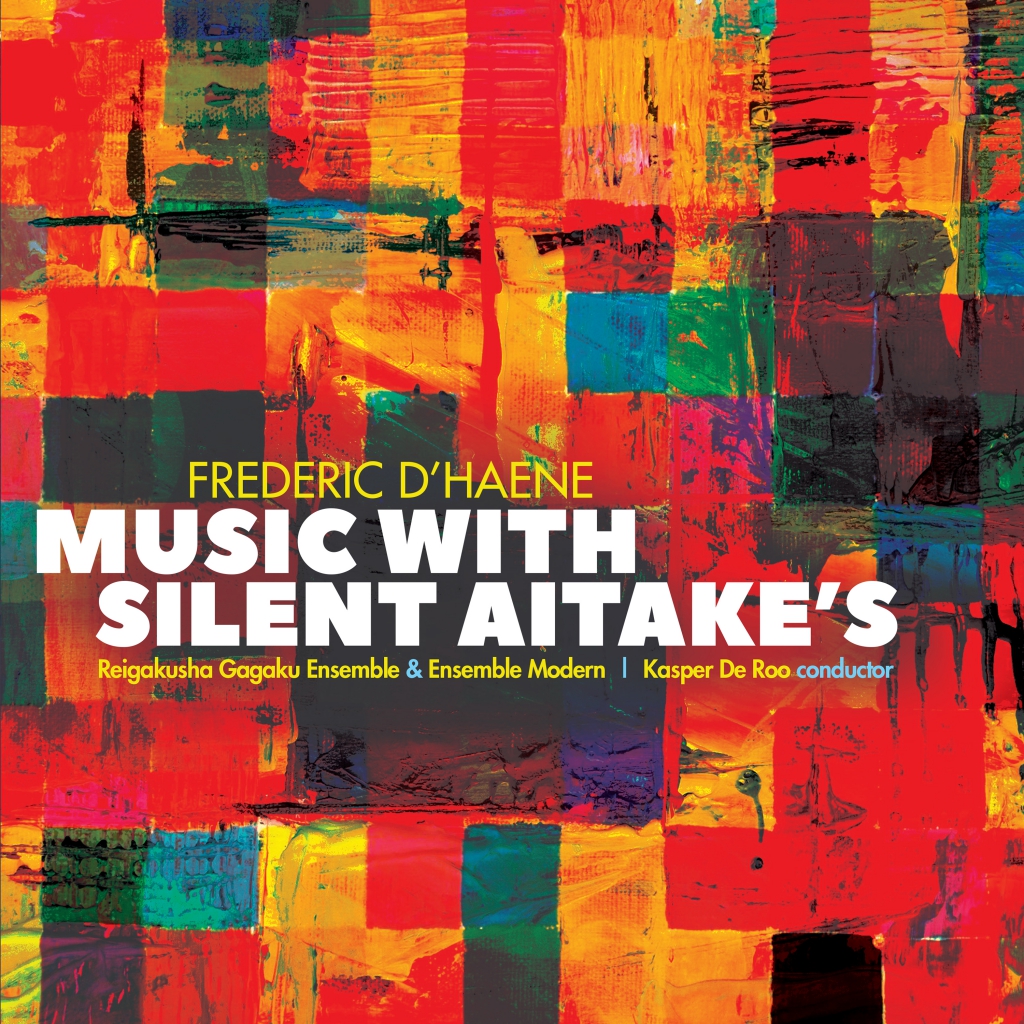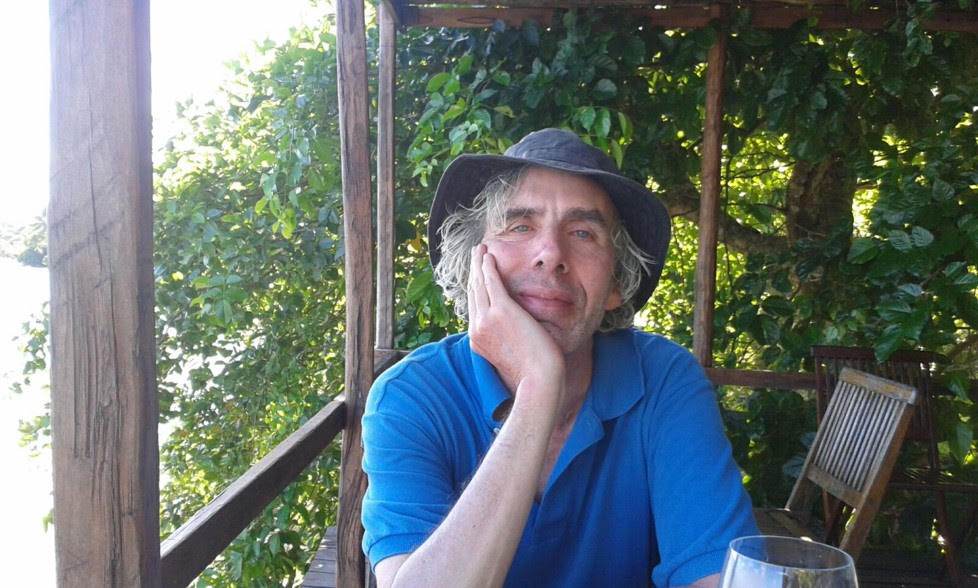Frederic D’Haene is a Belgian avant-garde composer and creator of his own composition technique called “paradoxophony” or “paradoxical coexistence.”
He was born in Belgium and introduced to music at an early age by his father, who played classical and jazz piano. His first interest in composition arose when he was 14 years old, and he was inspired to write a three-minute piece every day. In 1986, he graduated with a degree in musicology from the University of Ghent. He joined the Royal Conservatoire in Liège, where he followed the teachings and guidance of the renowned composers Frederic Rzewski, Walter Zimmerman, Henri Pousseur, and Vinko Globokar. In 1986 Frederic also discovered Gagaku music (traditional court music from Japan) through the masters Tadatoshi Miyagawa and Kanehiko Togi. This new musical universe inspired him to write Music with silent aitake’s, a piece that achieved a unique coexistence between western and Japanese music.
Today, Frederic is our featured artist in “The Inside Story,” a blog series exploring the inner workings and personalities of our artists. Read on to learn what encouraged Frederic to continue his musical studies in his teen years…
Who was your first favorite artist(s) growing up?
As a child: Bach (and he still is, especially his organ fugues)
As an adolescent: (only for some years and then never again) some groups of what was called symphonic rock like Pink Floyd, Yes, Jethro Tull, etc.
When did you realize that you wanted to be an artist?
When I was around 16 I was playing some of my pieces in school (in a style that I called “romantic cosmos”) and some people were moved to tears, and when I was playing jazz, some people were moved to dance. So I thought: “let’s continue…”
What was your most unusual performance, or the most embarrassing thing that happened to you during a performance?
Most unusual: a gagaku orchestra with a western orchestra is quite unusual.
Most embarrassing: a performance of my composition for 2 pianos at a new music festival by two world famous new music pianists. At a certain moment one pianist was more than 10 bars ahead (and kept this for long time) than the other, and the page turner did not know where they were anymore. Since they were world famous they played of course very well, and since I still was a student the composition was of course bad and it was very embarrassing.
If you could make a living at any job in the world, what would that job be?
The job I am doing now: composing. I am very happy with that job.
If you could spend creative time anywhere in the world, where would it be and why?
The place I am living now and have been for the past year: Lanzarote, a magical island in the ocean. There is sun, sea, and incredible volcanic landscapes. Of course, I am living here because of a stupid illness which I have had for five years: multiple sclerosis. For 3 years I was living in a wheelchair or walking with a stick, could almost never play piano, and in the wintertime could hardly even hold a pen. Here I can play the piano every day, even Brahms (and as you know, when you can play Brahms everything is well ?), and I can write here.
Is there a specific feeling that you would like communicated to audiences in this work?
I do not want to communicate feelings (however I hope my music is intense); rather, I want my music to make people reflect and think. Composing is thinking. Writing music is one thing, composing music still another thing, making music still another thing, and do all three have something in common (or uncommon)?

MUSIC WITH SILENT AITAKE’S is now available for streaming or purchase through Ravello Records. Click here to explore this new album.



